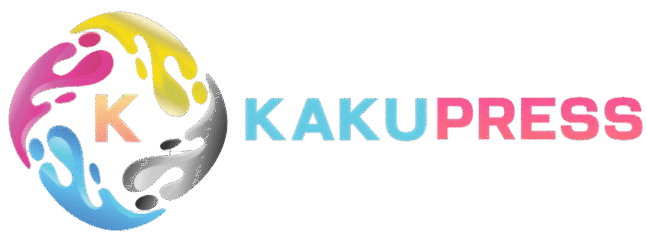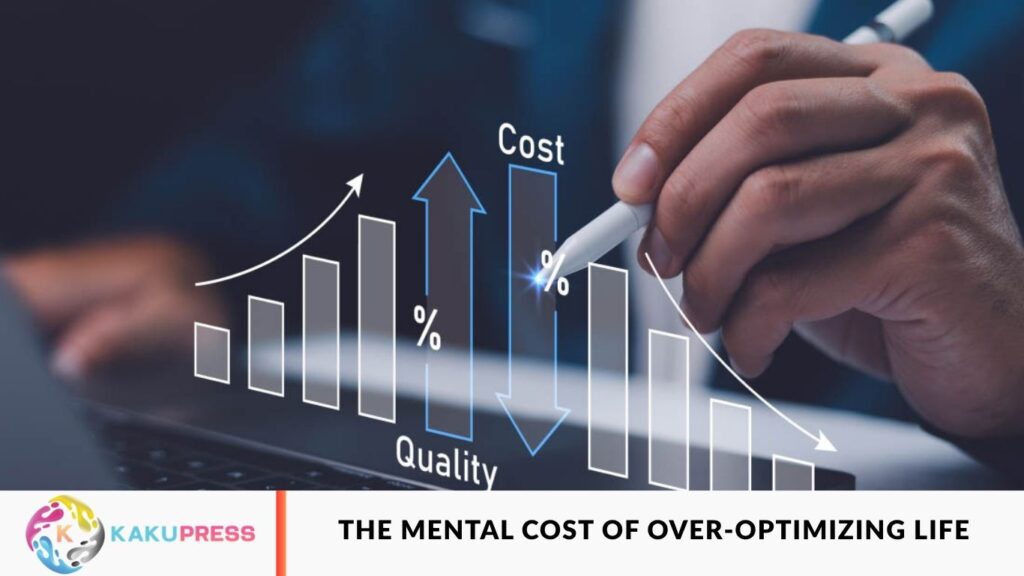The pursuit of self-improvement, life hacks, and efficiency has become a modern ideal. From apps that track sleep cycles to meticulously planned daily routines, the drive for peak performance is relentless. While striving to improve isn’t inherently harmful, the constant pressure to optimize every aspect of life can take a serious toll on mental health.
At first, life optimization can feel empowering. Streamlining tasks, setting goals, and tracking habits can boost productivity and control. Yet when every moment is measured and every action judged for its “efficiency,” the line between healthy self-discipline and self-criticism begins to blur.
The mental consequences often show up as anxiety, burnout, and chronic stress. The more you optimize, the more you notice what could be improved, creating a never-ending cycle of dissatisfaction. Even significant accomplishments may feel insufficient. Rest becomes guilt-ridden, and spontaneity is sacrificed at the altar of productivity.
Social media and technology intensify this pressure. Feeds filled with “perfect morning routines,” “productivity hacks,” and curated success stories amplify feelings of inadequacy. The constant comparison fuels the idea that unless every area of life—fitness, diet, finances, relationships—is optimized, you’re failing.
The pursuit of optimization can also strip joy from activities once done for fun. Reading, cooking, or exercising may start to feel like chores if over-scheduled or meticulously tracked. Life turns into a series of checklists rather than meaningful experiences.
Psychologically, this mindset encourages perfectionism and diminishes self-compassion. Mistakes are no longer learning opportunities—they’re failures in optimization. The focus shifts from living well to living perfectly, an unattainable and exhausting goal.
Ultimately, constant life optimization can leave you feeling disconnected and unfulfilled. While structure and improvement have their place, so do messiness, rest, and imperfection. True well-being comes not from squeezing the most out of every moment but from giving yourself the freedom to exist without judgment.
In a world obsessed with doing more and being better, sometimes the healthiest choice is to pause, breathe, and embrace your humanity—because you’re a person, not a machine to be optimized.
Frequently Asked Questions
What does over-optimizing life mean?
Over-optimizing life refers to constantly trying to improve every aspect of your daily routine, from productivity and fitness to finances and relationships, often at the expense of mental well-being.
How can over-optimizing life affect mental health?
It can lead to anxiety, burnout, stress, and perfectionism, as the constant pressure to perform and improve creates a cycle of dissatisfaction.
Why does constant life optimization cause burnout?
Burnout occurs because optimizing every moment reduces rest and spontaneity, leaving little time for relaxation and recovery.
Can tracking every habit be harmful?
Yes. While habit tracking can boost productivity, doing it obsessively can turn enjoyable activities into chores, creating stress and guilt.
How does social media contribute to over-optimizing life?
Social media amplifies pressure by showcasing curated “perfect routines” and success stories, which can trigger comparisons and feelings of inadequacy.
What’s the difference between self-improvement and over-optimization?
Self-improvement focuses on meaningful growth, while over-optimization emphasizes constant efficiency, often at the expense of joy and mental health.
How does over-optimizing life impact relationships?
Excessive focus on productivity can make people less present and emotionally available, straining relationships with family, friends, and partners.
Conclusion
Constantly trying to optimize every aspect of life may seem like the key to success, but it often comes with a significant mental cost. Anxiety, burnout, perfectionism, and chronic stress are common consequences of over-optimization, especially in a culture obsessed with productivity and self-improvement. While tracking habits, setting goals, and seeking growth can be beneficial, prioritizing efficiency over well-being can make life feel like a series of endless checkboxes.

